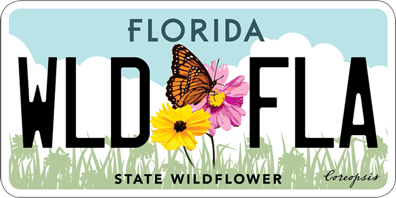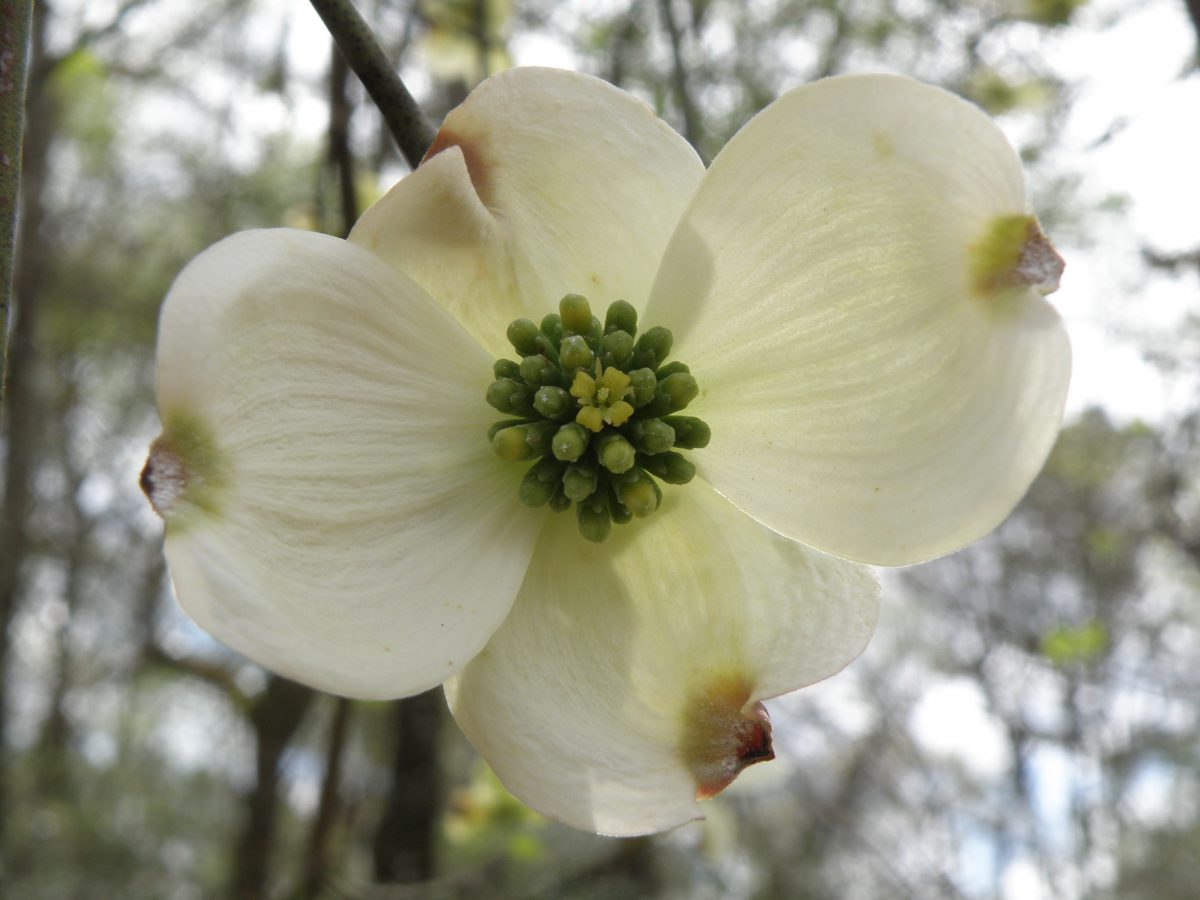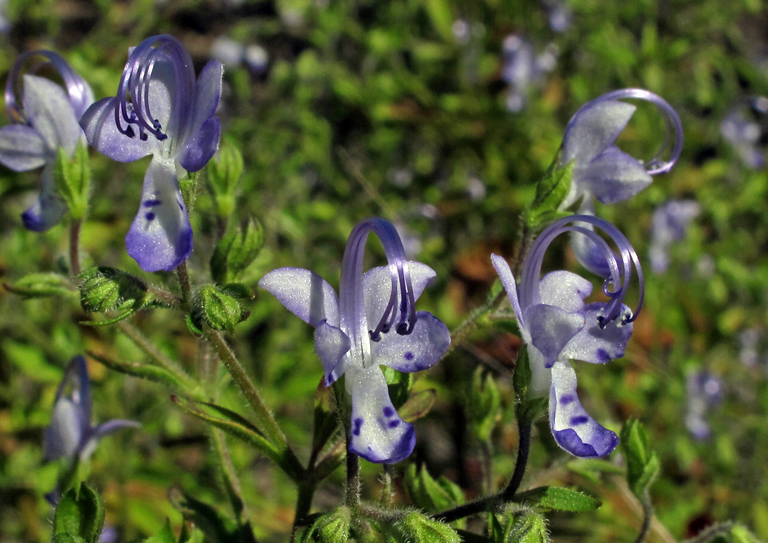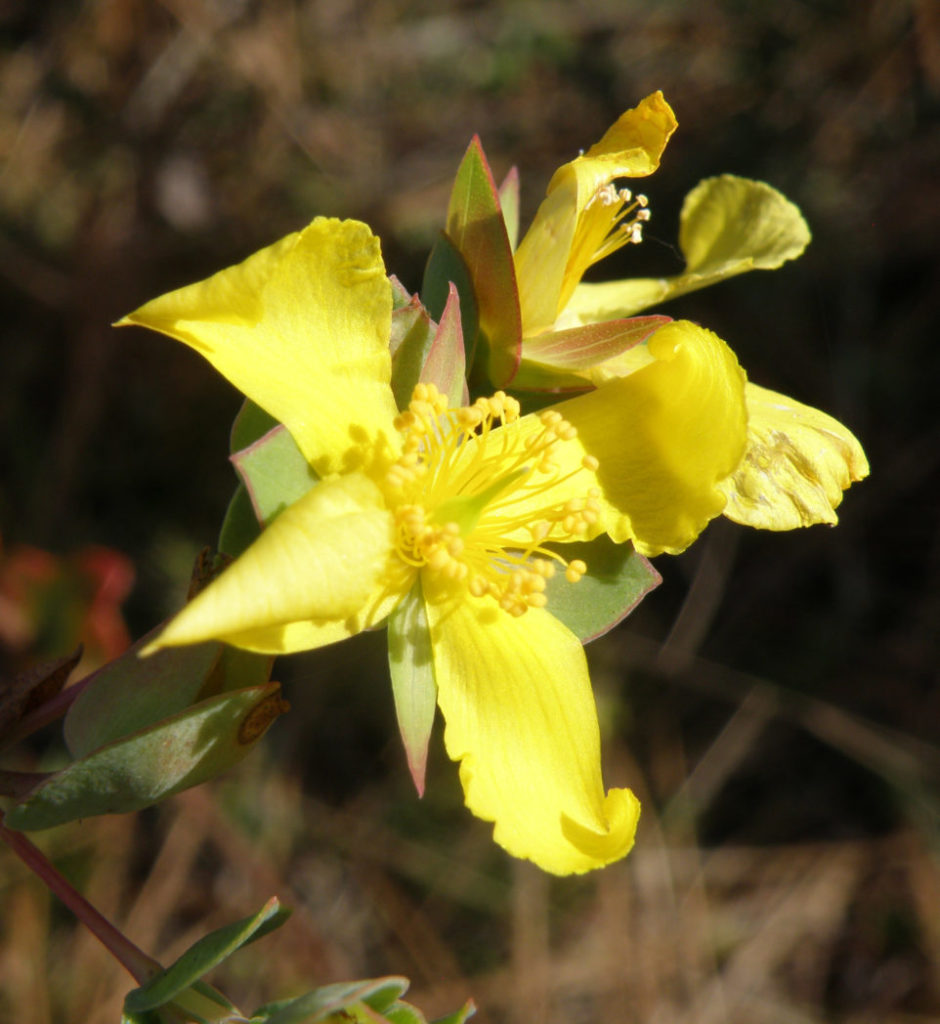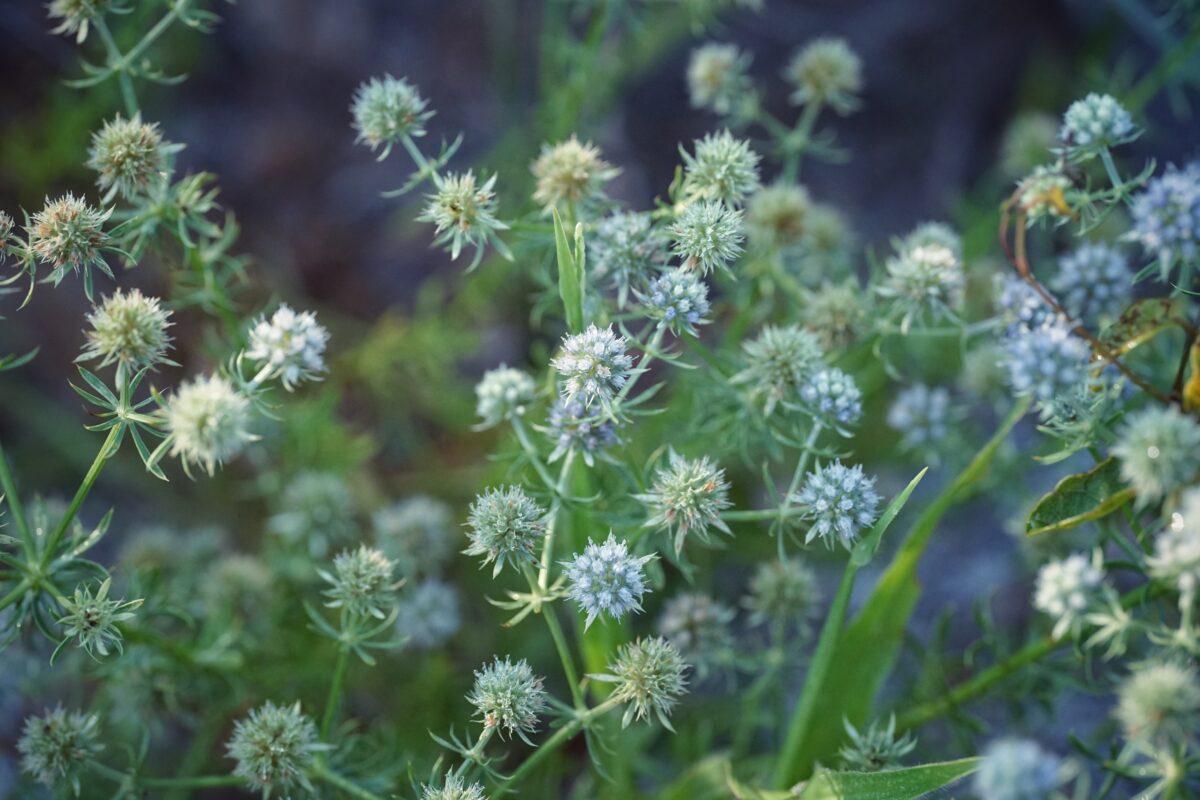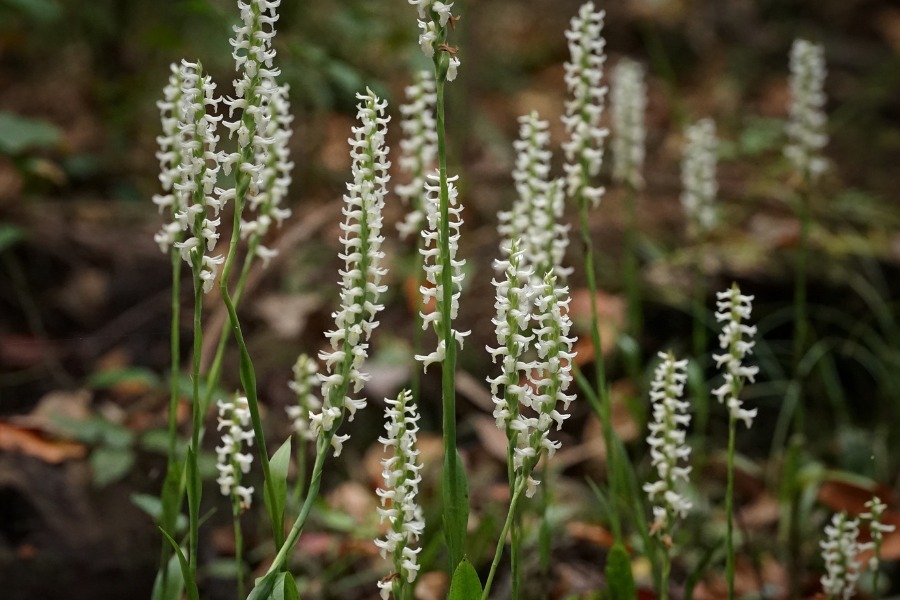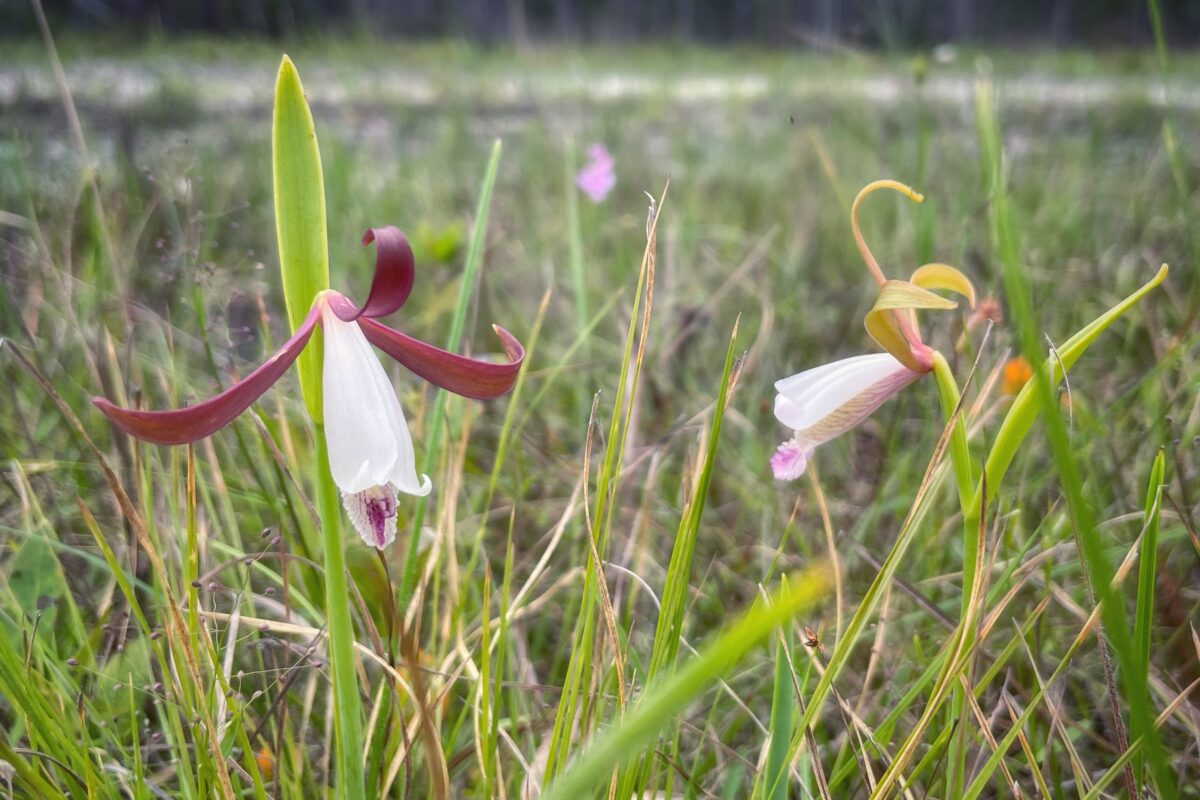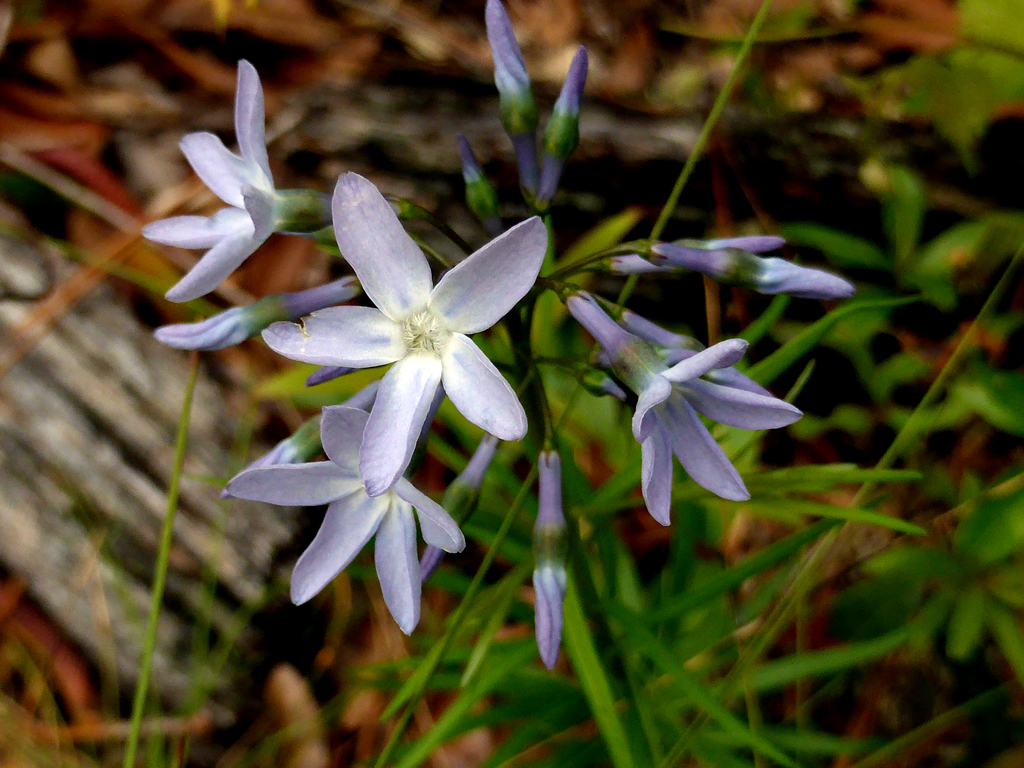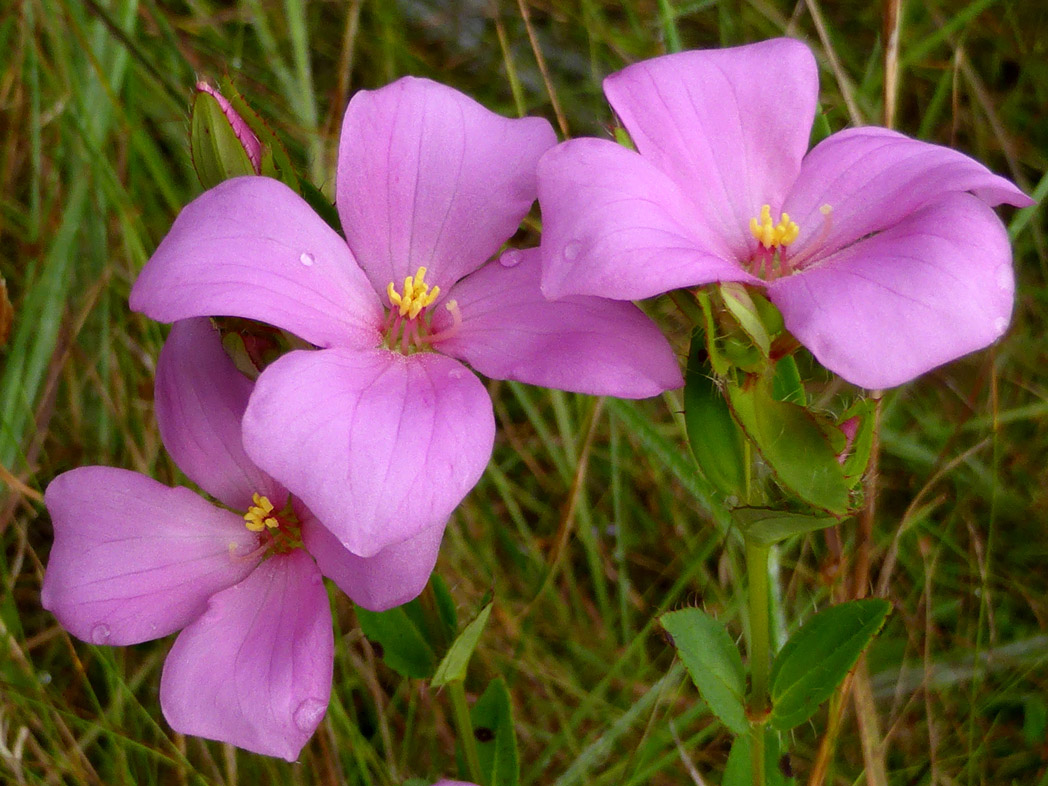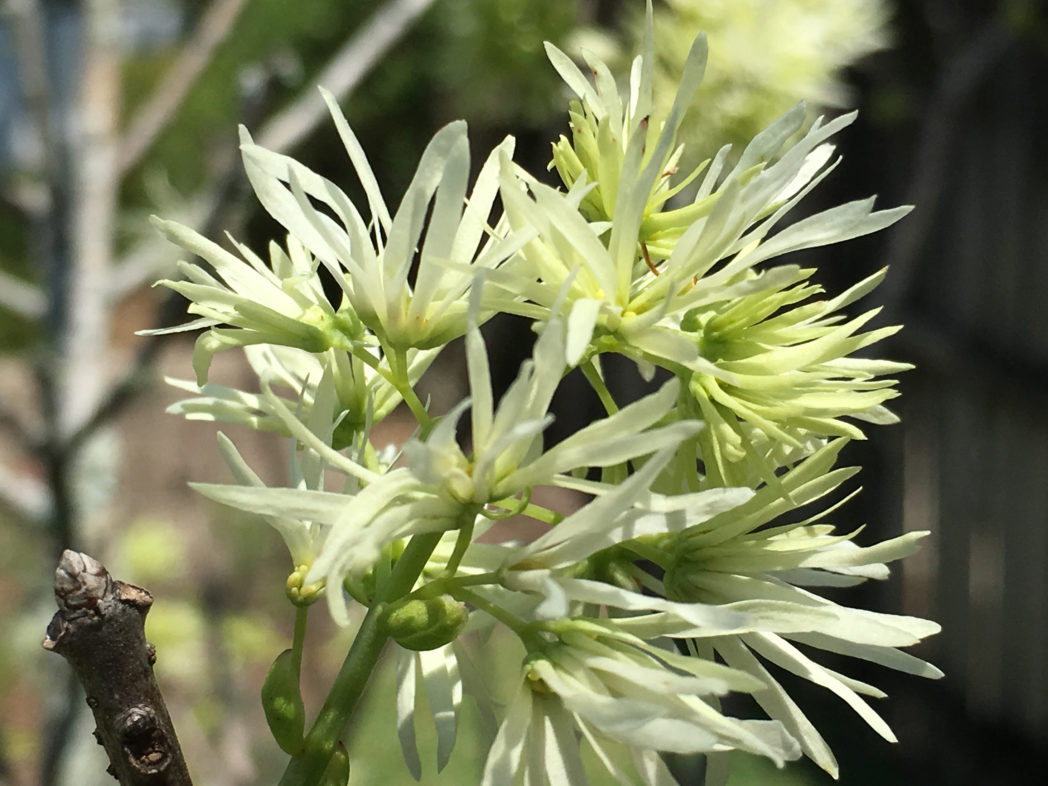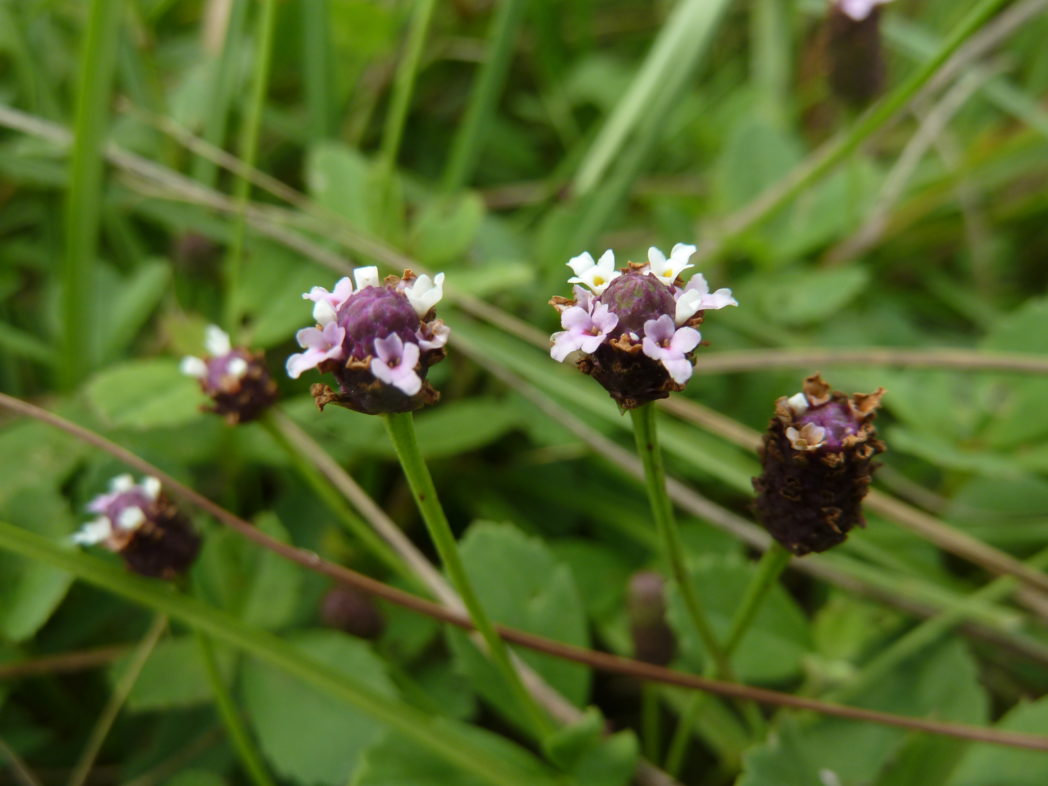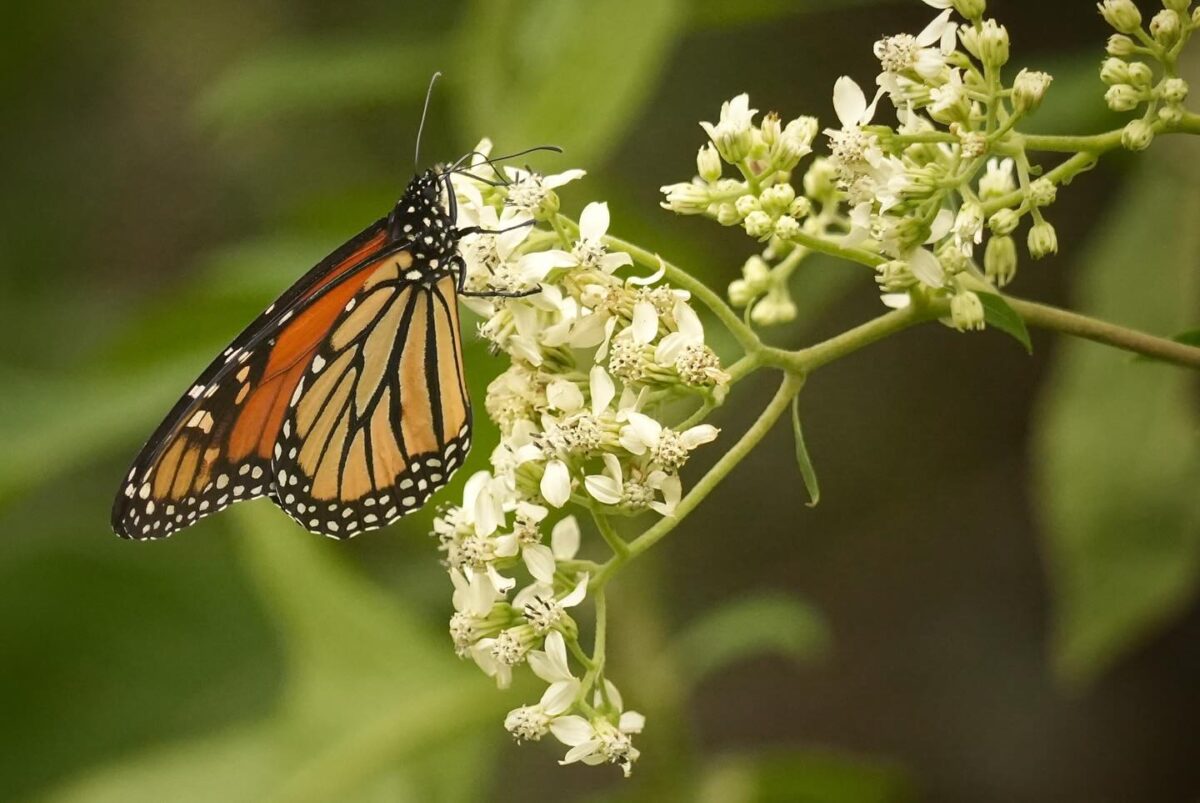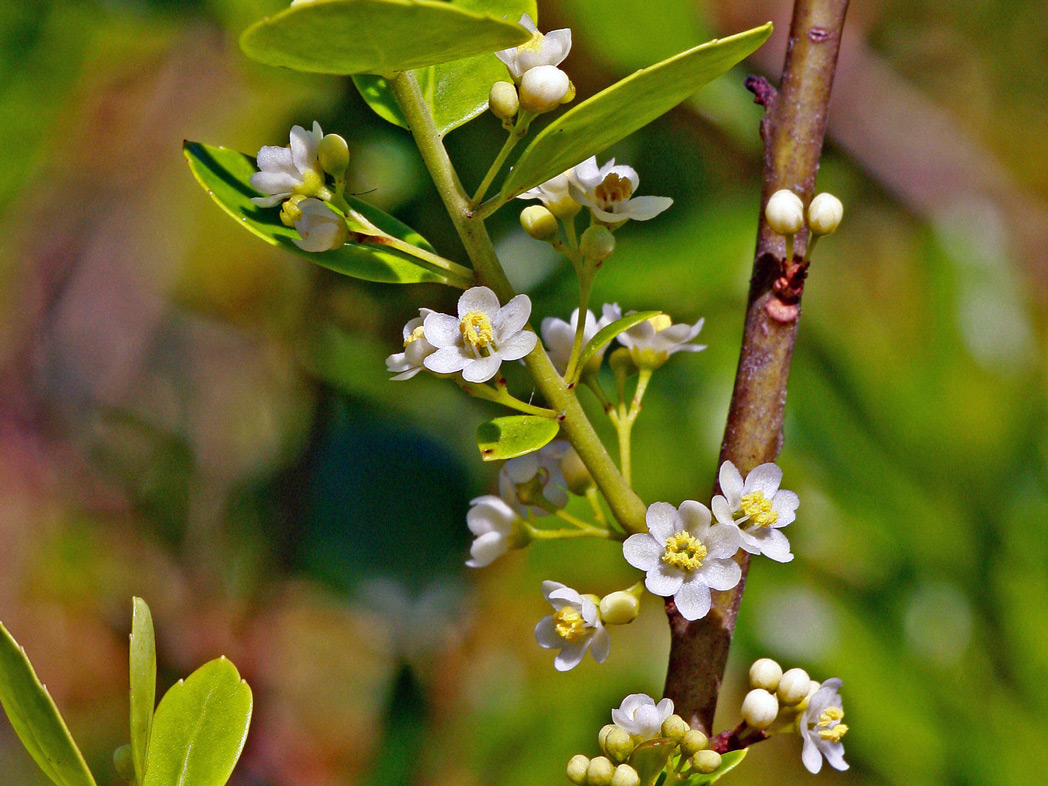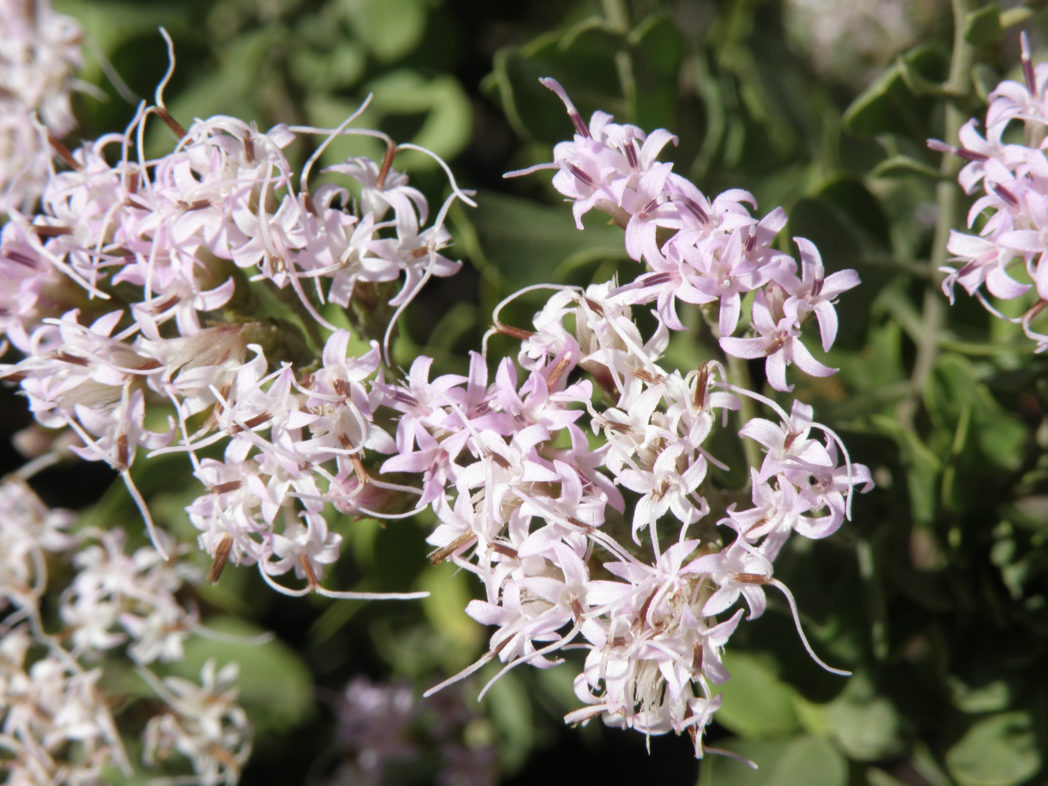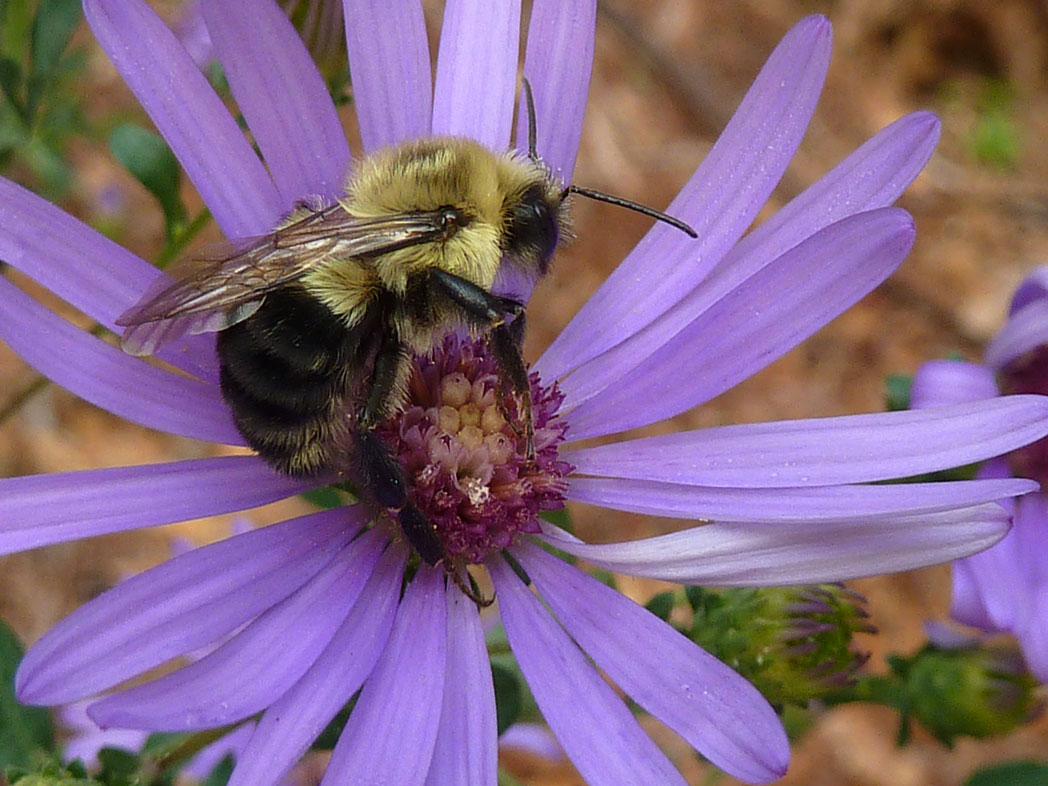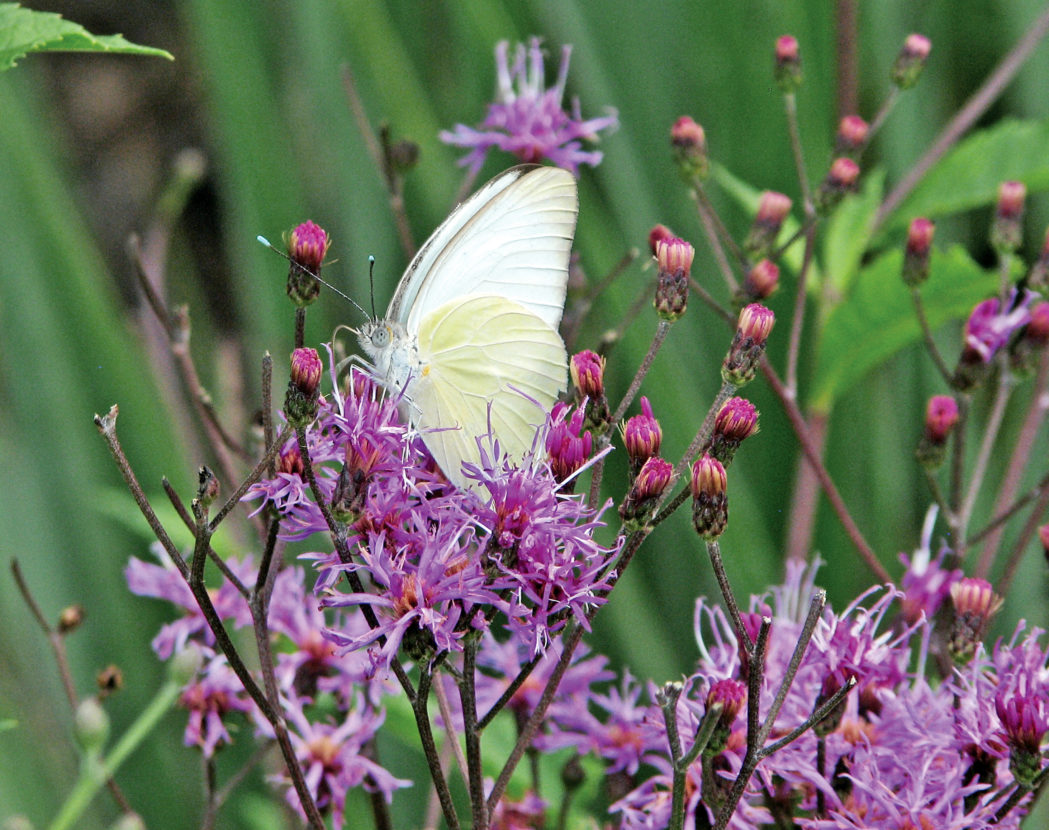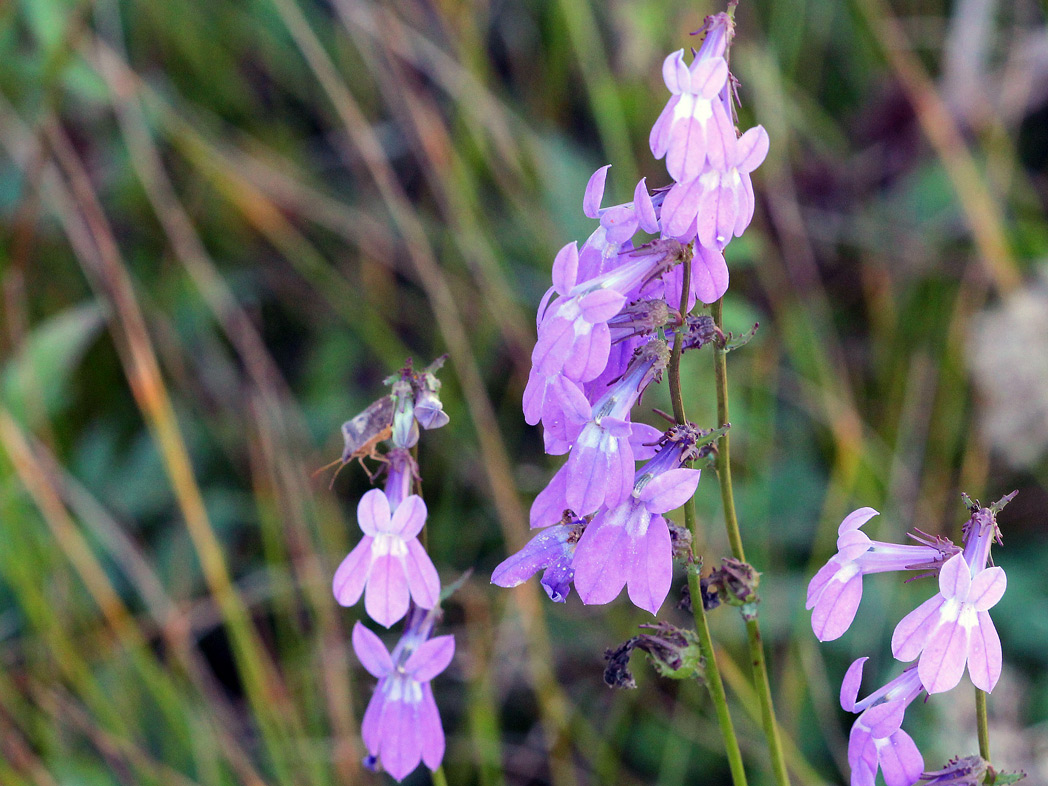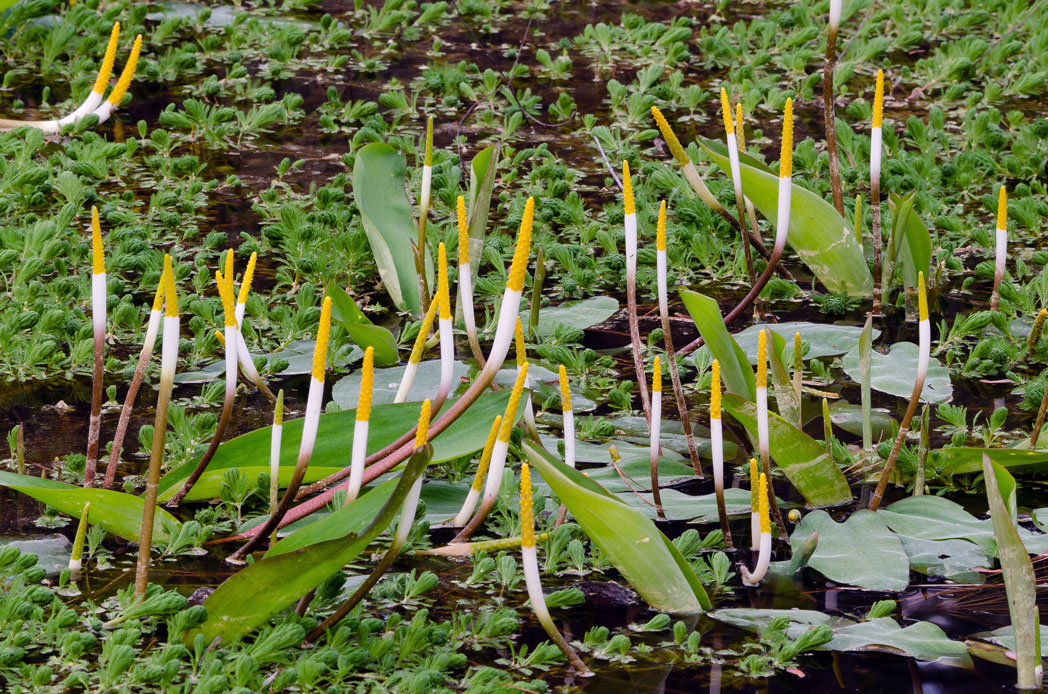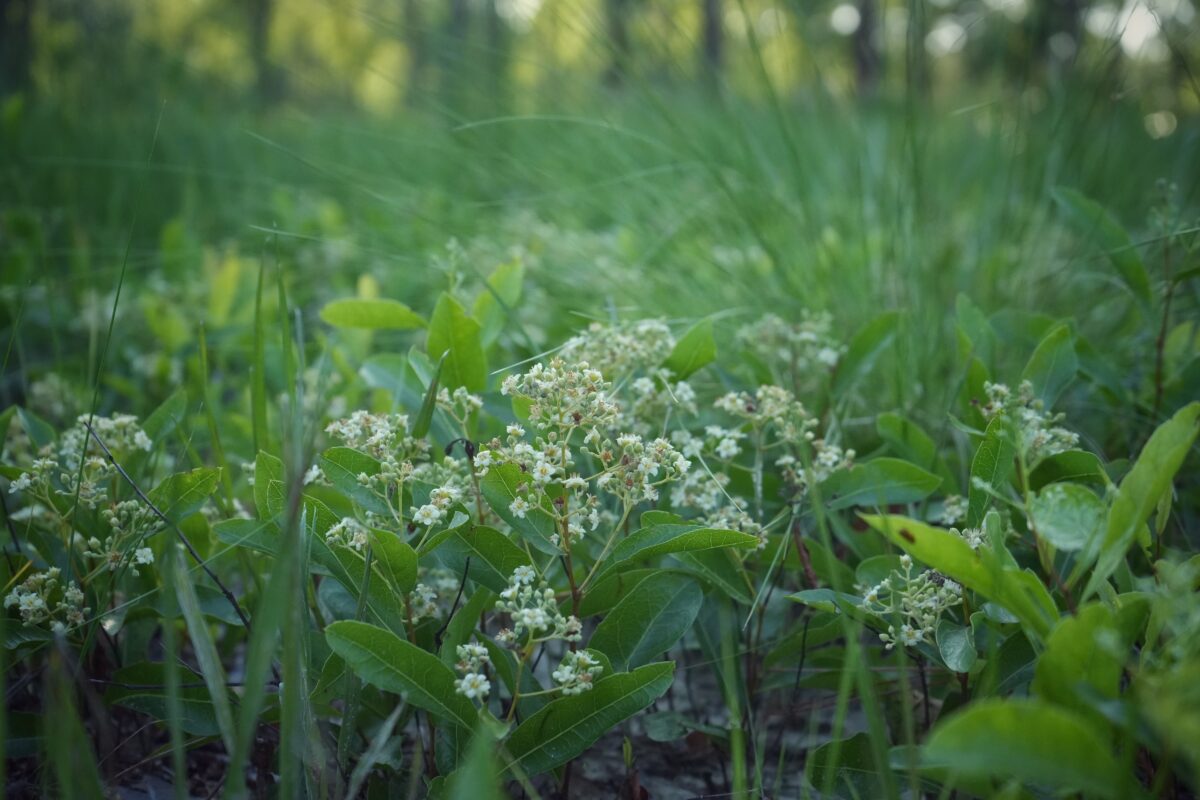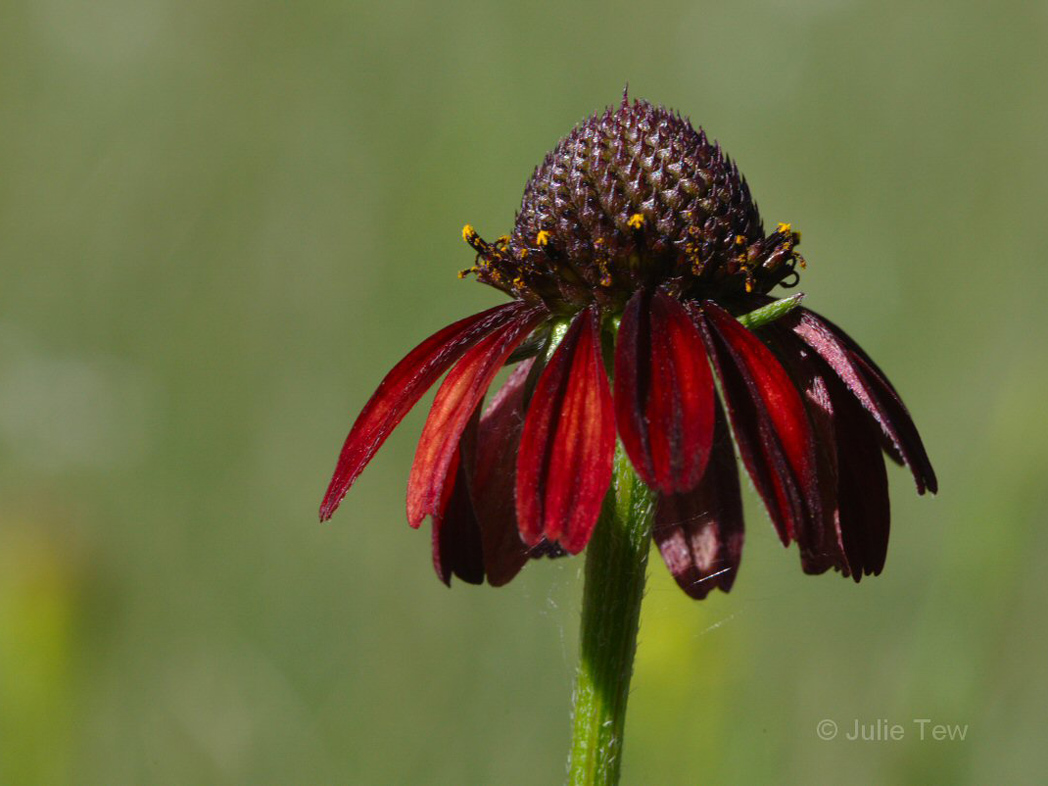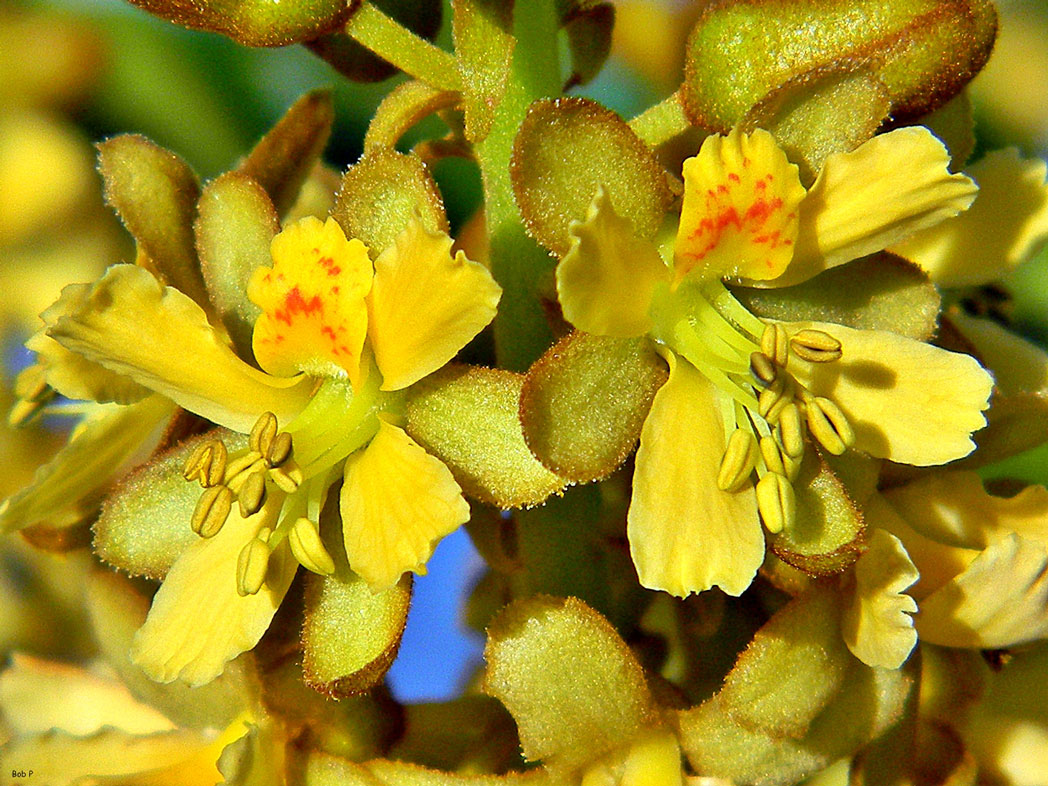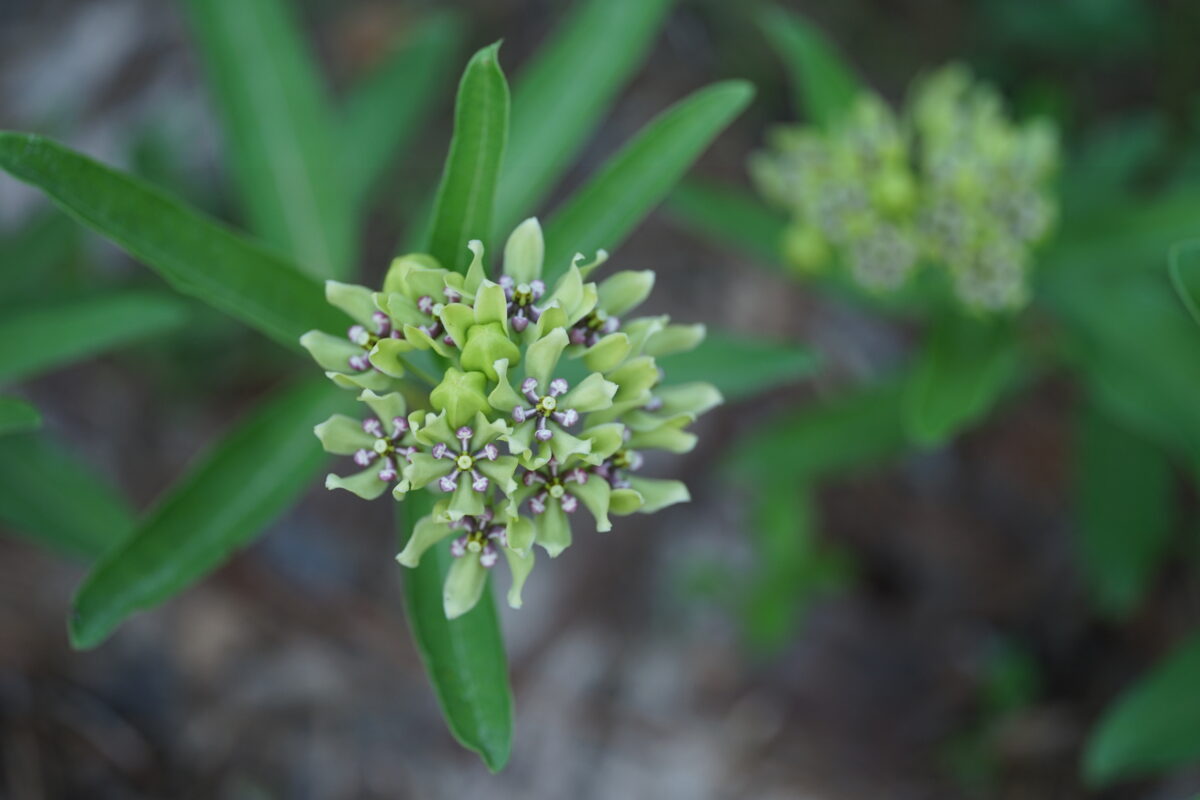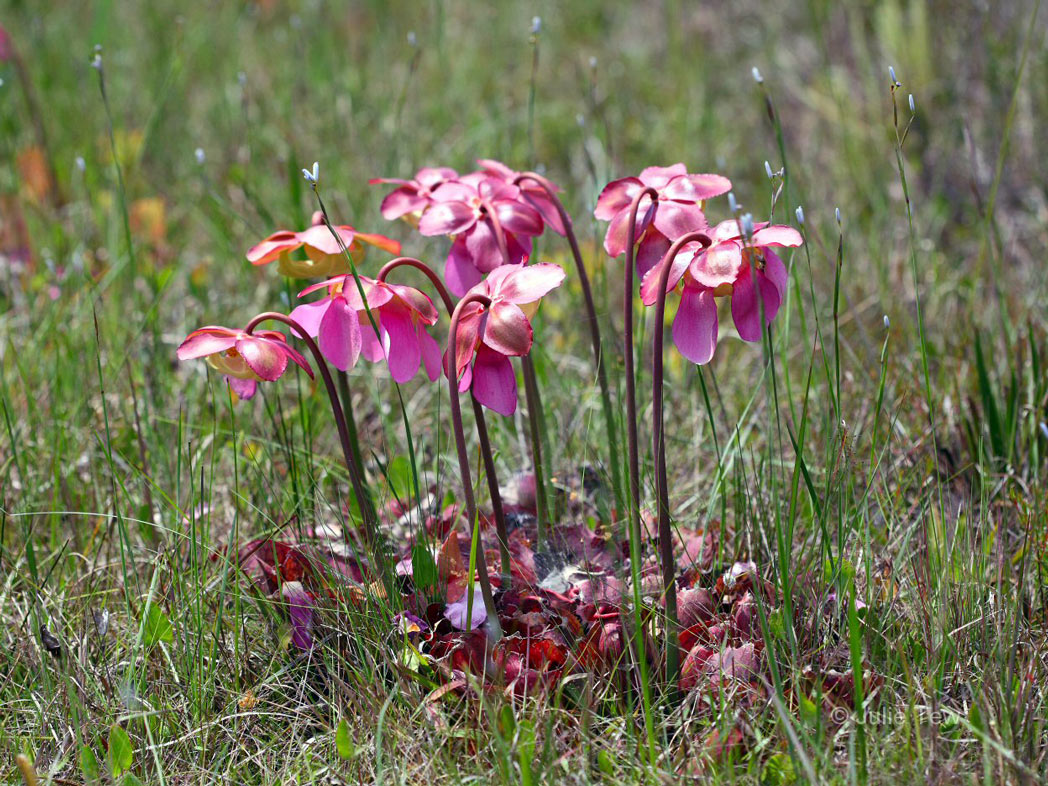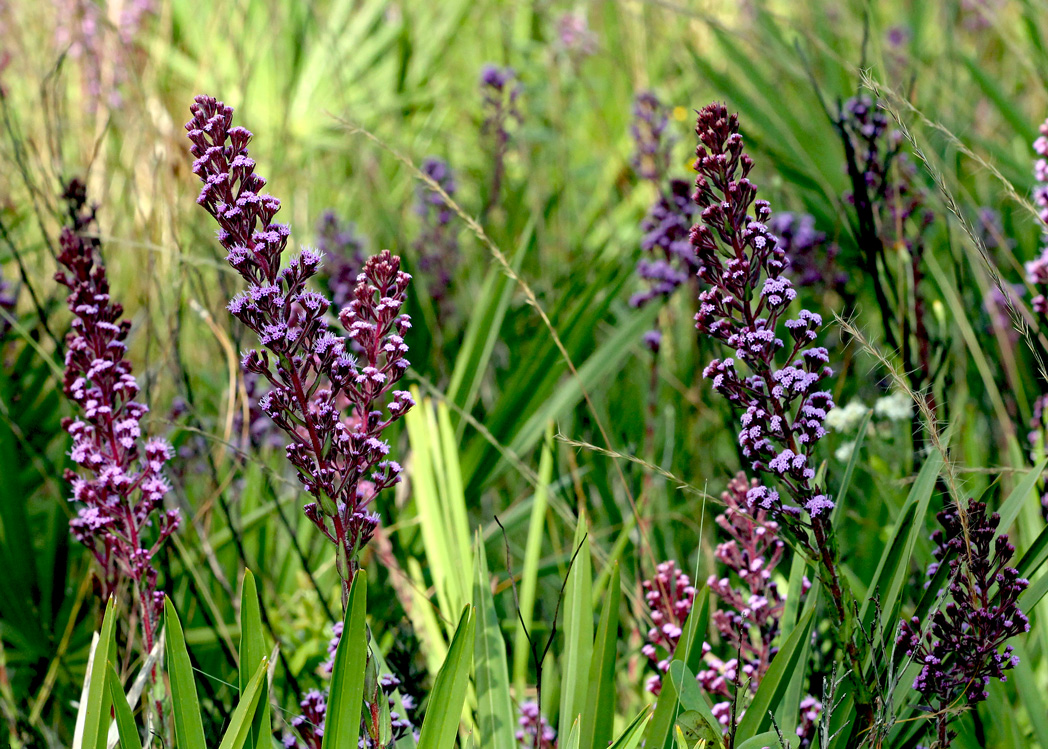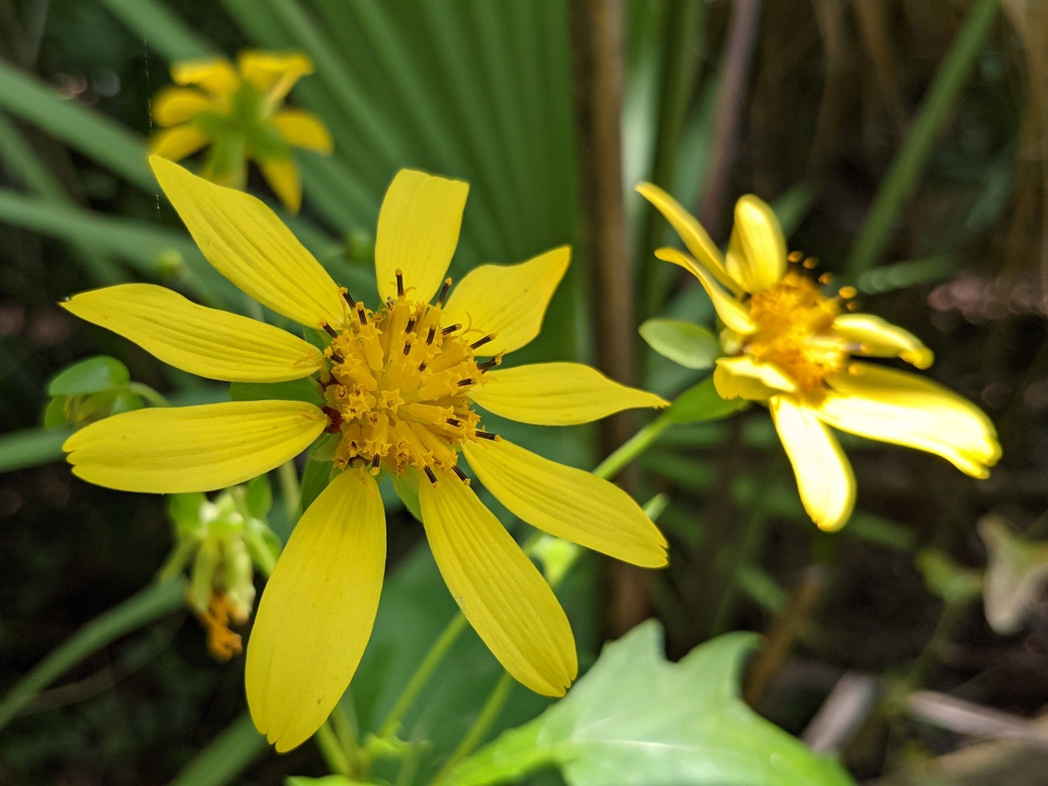Flowering dogwood
When in bloom, Flowering dogwood (Cornus florida) is arguably one of Florida’s most beautiful flowering trees. Though dormant in winter, the tree comes alive in early spring.
Forked bluecurls
Forked bluecurls (Trichostema dichotomum ) have dainty yet distinctive bluish-purple flowers. They are short-lived, opening only in the morning, but individual plants may produce thousands of flowers throughout a season.
Four-petal St. John’s wort
Four-petal St. John’s wort ( Hypericum tetrapetalum) has bright lemon-yellow flowers that bloom in late spring. It occurs naturally in moist flatwoods, sandhills and ruderal areas.
Fragrant eryngo
For much of the year, Fragrant eryngo (Eryngium aromaticum) goes unnoticed in Florida’s dry flatwoods, scrub and sandhills. However, when it blooms in summer through late fall, the petite white to light blue flowers can be found in abundance.
Fragrant ladiestresses
Fragrant ladiestresses (Spiranthes odorata) is a semi-aquatic to aquatic perennial orchid. It occurs naturally in swamps, wet pinelands and seepage slopes throughout Florida.
Fragrant pogonia
Fragrant pogonia (Cleistesiopsis oricamporum), also commonly referred to as Coastal plain pogonia, is a delicate and state-listed endangered terrestrial orchid found in the wet flatwoods, savannahs and bogs of Northern Florida.
Fringed bluestar
Fringed bluestar (Amsonia ciliata) blooms spring through fall, attracting many pollinators, especially butterflies. It occurs naturally in pine flatwoods, sandhills and scrub throughout west Central Florida and North Florida.
Fringed meadowbeauty
Fringed meadowbeauty (Rhexia petiolate) is an herbaceous perennial wildflower with showy pink blooms that appear spring through summer and attract many pollinators, especially bees.
Fringetree
Fringetree (Chionanthus virginicus) is often overshadowed by dogwood, plum and other spring-flowering trees. But Fringetree’s graceful tassled flowers put on an equally spectacular display.
Frogfruit
Frogfruit (Phyla nodiflora) is both a versatile and vital wildflower. This evergreen perennial is low-growing and creeping, often forming dense mats of green foliage.
Frostweed
Frostweed (Verbesina virginica) typically flowers late summer through fall along moist forest and hammock edges throughout the state. It is attractive to many bees, butterflies and other pollinators.
Gallberry
Gallberry (Ilex glabra) is an evergreen shrub with tiny white flowers that attract bees. Its pulpy berries and evergreen foliage provide food and cover for birds.
Garberia
Garberia (Garberia heterophylla) is endemic to Florida’s north and central peninsula and is a state-listed threatened species. It is an excellent nectar source for many butterflies and bees.
Georgia aster
Georgia aster (Symphyotrichum georgianum) is a magnet for bees and butterflies. Its flowers are distinguishable from other Symphyotrichum species by their relatively large size and deep violet-colored ray petals.
Giant ironweed
Giant ironweed (Vernonia gigantea) is a robust perennial wildflower that blooms in summer and fall, attracting a variety of pollinators, especially butterflies.
Glade Lobelia
Glade lobelia (Lobelia glandulosa) is a charming perennial wildflower that attracts hummingbirds, butterflies and bees. It is largely unnoticed in the wild until it flowers.
Goldenclub
Goldenclub (Orontium aquaticum) is a peculiar wildflower that blooms in winter and spring, and is pollinated primarily by bees, flies and beetles. It is the only living species in its genus.
Gopher apple
Gopher apple (Geobalanus oblongifolius) is a hardy, low-growing, woody perennial shrub that occurs naturally in sandhills, pine flatwoods, scrubby flatwoods and scrub. It can bloom year-round.
Grassleaf coneflower
Grassleaf coneflower (Rudbeckia graminifolia) has brick-red solitary flowers that bloom in summer. It is endemic to the Florida Panhandle and occurs naturally in wet savannas.
Gray nicker
Gray nicker (Guilandina bonduc) is a vine-like shrub found in coastal strands and mangrove swamps along Florida’s central and southern coasts, where it clambers over other vegetation. Its striking clusters of fragrant yellow flowers typically bloom in spring and summer, but may bloom year-round in South Florida. The plant is a larval host for the Miami blue and Nickerbean blue butterflies.
Green antelopehorn
Green antelopehorn (Asclepias viridis) is an herbaceous perennial wildflower found in pinelands, pine rocklands and disturbed areas in a few Florida counties. It flowers winter through summer, with peak blooms in spring.
Gulf purple pitcherplant
Gulf purple pitcherplant (Sarracenia rosea) is a carnivorous perennial wildflower that blooms in spring. It occurs naturally in wet prairies, seepage slopes and roadside ditches.
Hairy chaffhead
Hairy chaffhead (Carphephorus paniculatus) is a stunning perennial wildflower found in moist flatwoods and savannas. It typically blooms from late August through December, with peak flowering in October.
Hairy leafcup
Hairy leafcup (Smallanthus uvedalia) blooms in summer and attracts a variety of bees and other pollinators. It occurs naturally in hardwood and slope forests, upland mixed woodlands, and moist hammocks.
